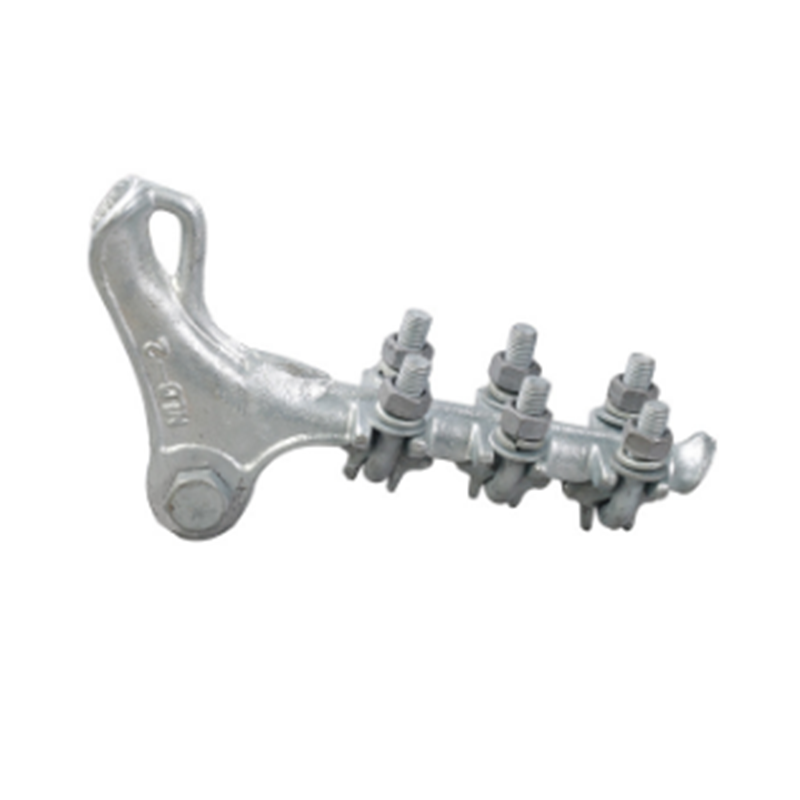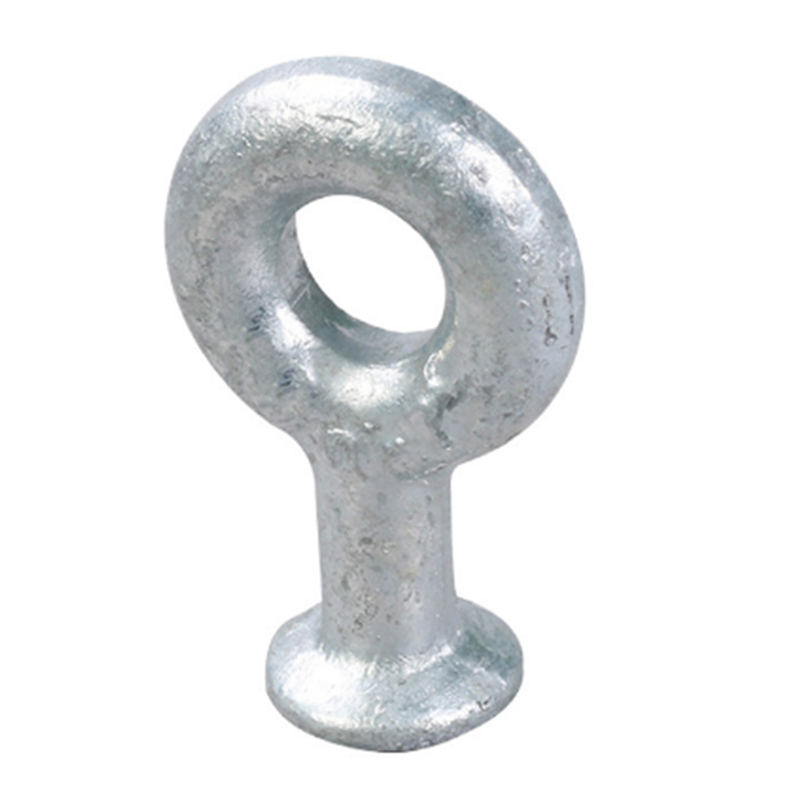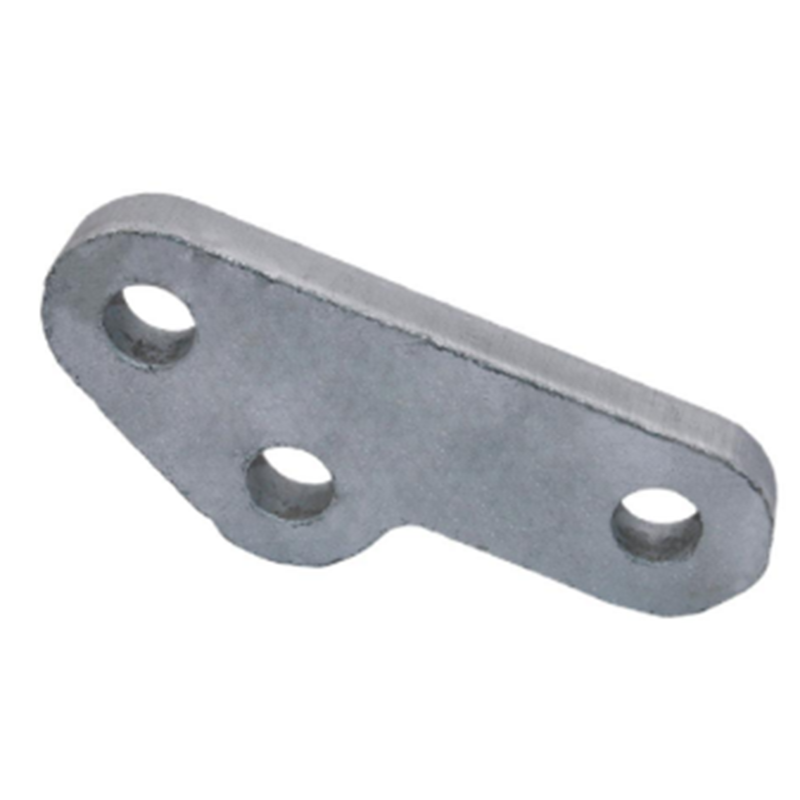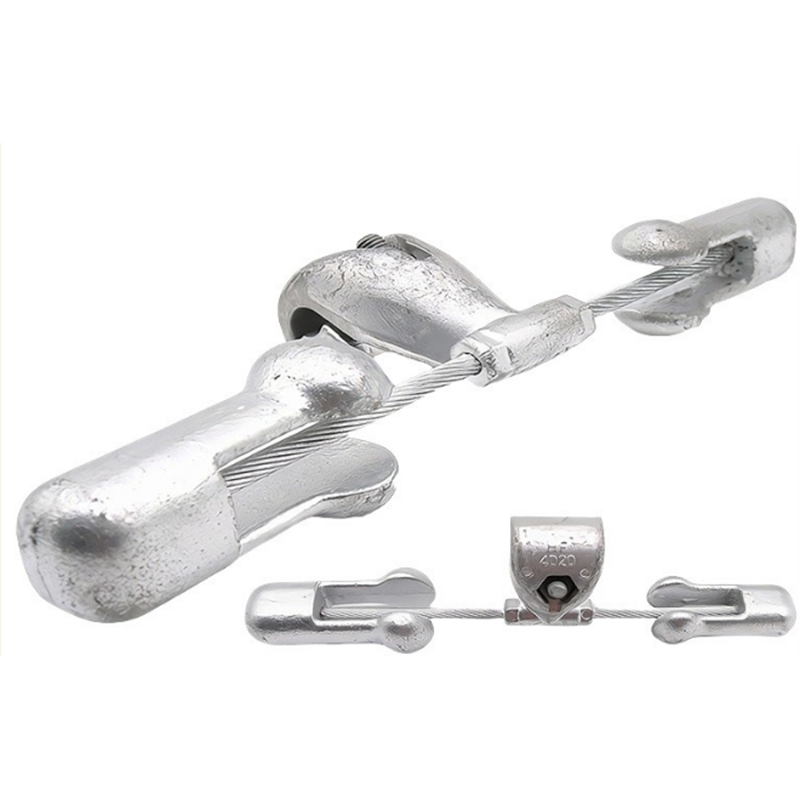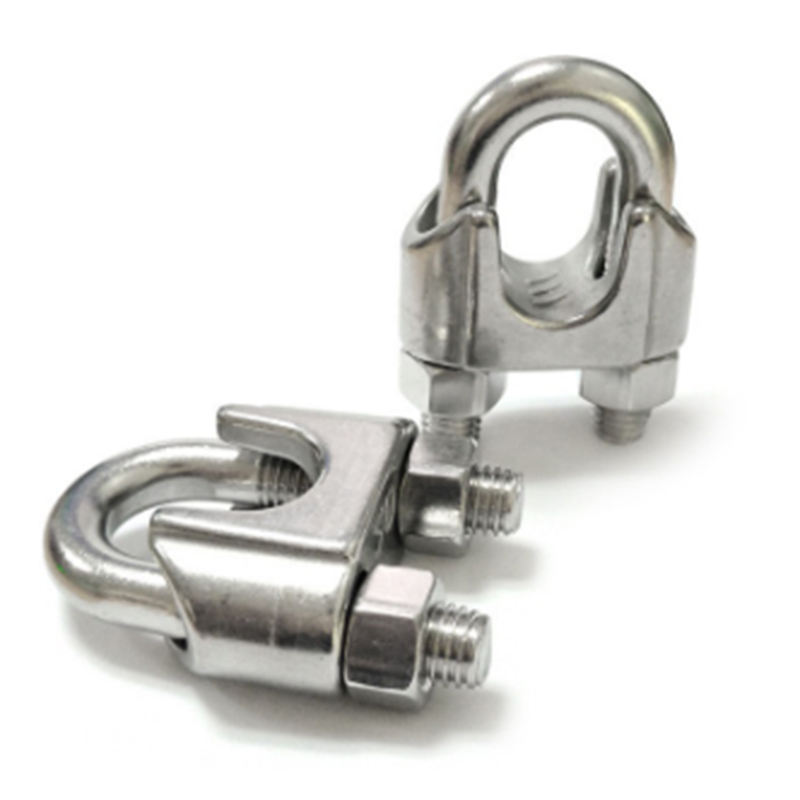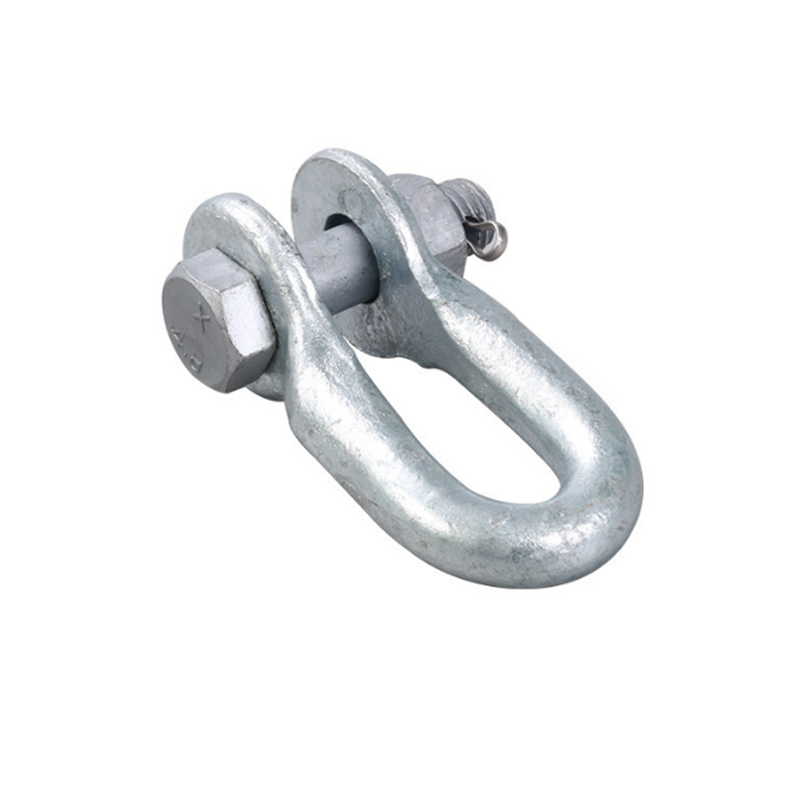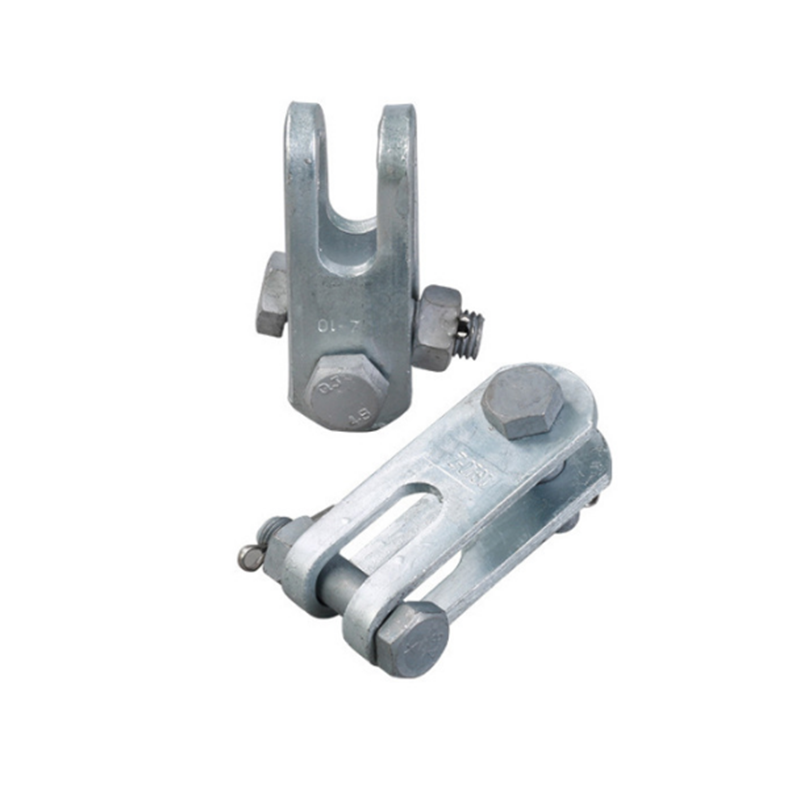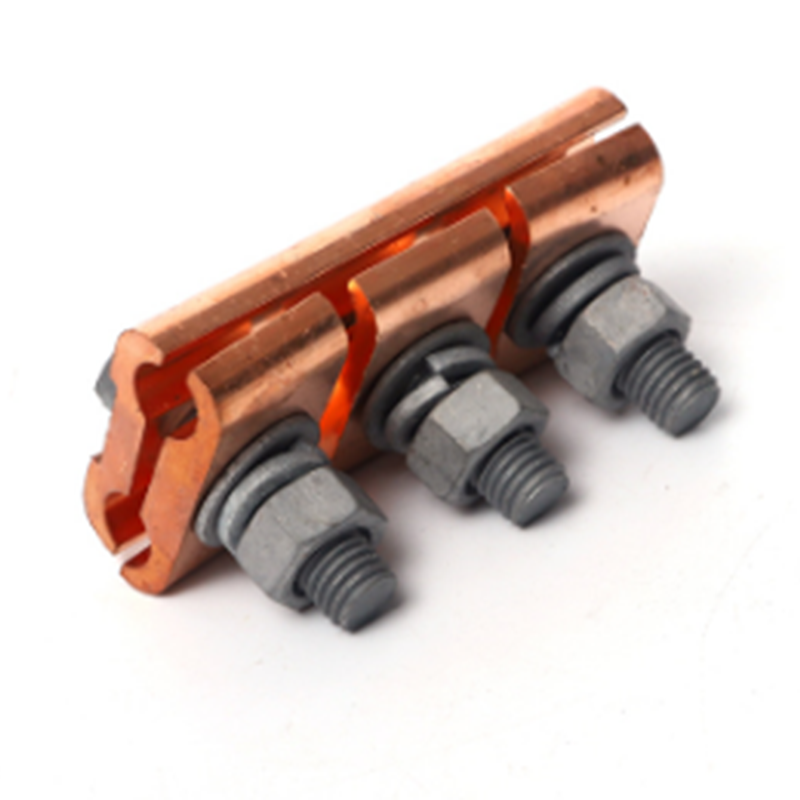- Chinese
- French
- German
- Portuguese
- Spanish
- Russian
- Japanese
- Korean
- Arabic
- Irish
- Greek
- Turkish
- Italian
- Danish
- Romanian
- Indonesian
- Czech
- Afrikaans
- Swedish
- Polish
- Basque
- Catalan
- Esperanto
- Hindi
- Lao
- Albanian
- Amharic
- Armenian
- Azerbaijani
- Belarusian
- Bengali
- Bosnian
- Bulgarian
- Cebuano
- Chichewa
- Corsican
- Croatian
- Dutch
- Estonian
- Filipino
- Finnish
- Frisian
- Galician
- Georgian
- Gujarati
- Haitian
- Hausa
- Hawaiian
- Hebrew
- Hmong
- Hungarian
- Icelandic
- Igbo
- Javanese
- Kannada
- Kazakh
- Khmer
- Kurdish
- Kyrgyz
- Latin
- Latvian
- Lithuanian
- Luxembou..
- Macedonian
- Malagasy
- Malay
- Malayalam
- Maltese
- Maori
- Marathi
- Mongolian
- Burmese
- Nepali
- Norwegian
- Pashto
- Persian
- Punjabi
- Serbian
- Sesotho
- Sinhala
- Slovak
- Slovenian
- Somali
- Samoan
- Scots Gaelic
- Shona
- Sindhi
- Sundanese
- Swahili
- Tajik
- Tamil
- Telugu
- Thai
- Ukrainian
- Urdu
- Uzbek
- Vietnamese
- Welsh
- Xhosa
- Yiddish
- Yoruba
- Zulu
- Kinyarwanda
- Tatar
- Oriya
- Turkmen
- Uyghur

Screw Machine
The Intricacies of Screw Machines
Understanding the enigmatic screw machine is like decoding a language of precision and efficiency. These machines, often overshadowed by their CNC counterparts, offer a unique blend of simplicity and complexity. Let’s take a closer look at the nuances that make screw machines vital in the manufacturing landscape.
Unveiling the Basics
At its core, a screw machine is a type of automatic lathe designed for the rapid and precise production of small parts. It’s not uncommon for newcomers to misconstrue these machines as rudimentary; yet, their capabilities in mass production are anything but basic. They excel in turning, drilling, and threading operations, handing out parts like clockwork.
The classic design features a camshaft mechanism, responsible for automating tool movement. This might seem outdated in an era dominated by digital interfaces, but don't be deceived. The mechanical nature of these machines offers unparalleled robustness and reliability, especially in high-volume production settings. Think of automobile connectors or household fittings, where consistency is paramount.
I recall working on the floor of a bustling factory where cam-driven screw machines thrummed alongside their digital siblings. The rhythm and clatter had a precision that only years of evolution could achieve. These machines, though ancient in design, demonstrated their worth by churning out high-quality components consistently.
Transitioning to CNC
Despite their strengths, the emergence of CNC technology has ushered in a shift in the manufacturing sector. CNC screw machines are now a staple, offering programmable controls that take precision to another level. The transition has been both a revolution and an adaptation, causing many older machines to be retrofitted or replaced altogether.
In my experience, this shift isn’t merely technological but cultural. The newer generation enjoys the intuitive interfaces of CNC machines, although they sometimes overlook the mechanical elegance of their predecessors. Yet, in environments like Shengfeng Hardware Fastener Factory, where quality and quantity go hand in hand, the balance between old and new remains pivotal.
Shengfeng Hardware, located strategically in the Hebei Pu Tiexi Industrial Zone, has witnessed this metamorphosis. Catering to a vast range of fasteners, their operational proficiency owes much to maintaining this balance. They produce washers, nuts, and bolts with a standard that only experience and the right mix of machinery can achieve.
Challenges in the Industry
Even with technological advancements, the screw machine industry faces its own set of challenges. Precision remains king, yet the quest for reducing cycle times without sacrificing quality is perpetual. Moreover, machine operators are increasingly hard to find, as younger workers opt for sexier, tech-driven career paths.
I’ve observed how seasoned operators hold a deep understanding of the tactile feedback that these machines offer. Their expertise in tweaking and tuning can sometimes outmatch CNC program corrections. This skill set, derived from years of hands-on work, remains a valuable asset.
Shengfeng Hardware reflects this blend of tradition and innovation by continuously investing in training and development. Their strategic location near National Highway 107 allows efficient logistics, capitalizing on both production and distribution chains.
The Role of Customization
Customization is a significant advantage offered by screw machines, particularly in an era demanding bespoke solutions. These machines can be tailored to produce specific parts, especially in industries requiring high volumes of standardized components.
In practice, customization often involves adapting tools and cam profiles to suit particular production needs. I recall a client in the automotive sector needing a specific type of washer—standard machines couldn’t meet their demands. Through minimal modification to existing screw machines, we achieved their desired outcome efficiently.
With over 100 specifications in production, factories like Shengfeng Hardware thrive on this adaptability, ensuring they remain competitive. Their ability to deliver exactly what the client needs, sometimes with minimal lead times, speaks volumes in an industry where time is money.
The Future Trajectory
Looking ahead, the fusion of traditional screw machines with modern technology seems inevitable. As AI and IoT enter the scene, even screw machines stand to gain capabilities previously deemed impossible. The next decade might well see a hybrid model that retains mechanical reliability while incorporating digital precision.
The challenge is not just in the machines themselves but also in evolving the entire manufacturing ecosystem around them. Shengfeng Hardware’s continuous adaptation to market demands positions them well for this future. Their focus on quality and innovation makes them a benchmark for industry standards.
In a rapidly changing world, the story of the screw machine continues to be one of resilience and evolution. Its place in manufacturing history is cemented, yet its path forward is as dynamic as the fasteners it helps create.
Соответствующая продукция
Соответствующая продукция




